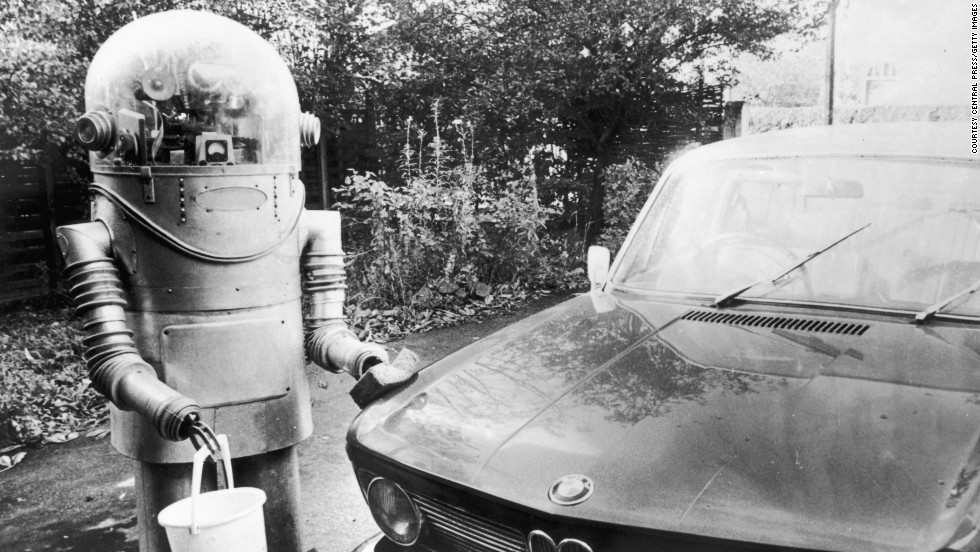NYU psychologist Gary Marcus is one of the talking heads interviewed for this CBS Sunday Morning report about the future of robots and co-bots and such. He speaks to the mismeasure of the Turing Test, the current mediocrity of human-computer communications and the potential perils of Strong AI. To his comment about the company dominating AI winning the Internet, I really doubt any one company will be dominant across most or even many categories. Quite a few will own a piece, and there’ll be no overall blowout victory, though there are vast riches to be had in even small margins. View here.
You are currently browsing articles tagged Manuela Veloso.
The German soccer team, triumphant at the just-completed World Cup, is called, with a mixture of awe and envy, “The Machine,” which suggests that the squad is somehow circumventing the natural order of things. Of course, that’s not the case. The real machines, however, are now competing at the latest RoboCup, AI’s version of the football competition, and the question is when will machines be able to kick us from soccer dominance the way Deep Blue did Kasparov in chess. Seems an absurd notion, for now. From a new Economist article:
“In the early years of RoboCup, there were huge differences in quality between the teams. No longer. The best of the little league routinely finish their ten-minute-long games with the low scores characteristic of well-matched human teams. Indeed, Dr [Manuela] Veloso’s squad came in second last year, after a penalty shoot-out following a 2-2 game.
Nor need only the players be robots. In a step that many of FIFA’s critics may admire, Dr Veloso and her team are developing automated referees. That will not stop some teams from exploiting decidedly human traits, such as fouling by forcefully bumping into another robot. But it may result in more effective enforcement of things like the maximum kick-speed rule.
What fascinates Dr Veloso most about RoboCup is the execution, during the game, of moves that had not been deliberately inserted into the algorithms controlling the robots. She is ebullient about an unexpected three-way pass and chip, worthy of a minor Messi and his Argentine teammates. Such unanticipated plays are examples of emergent behaviour, a hallmark of artificial intelligence at its highest level, and something she reckons RoboCup teams in all leagues will produce a lot more of with each passing year.
So is 2050 an unrealistic deadline for robots to beat the best humans at football? Half a century is roughly the time that separates ENIAC, America’s first electronic computer, from Deep Blue, the IBM machine that beat chess grandmaster Garry Kasparov in 1997. Judged in that light, RoboCup’s goal does not seem absurd. Indeed, the question may be whether, come 2050, there are still any human football players around who have not been prosthetically enhanced in some way, making them cyborgs. RoboCup v RoboCop, anyone?”
Tags: Manuela Veloso


